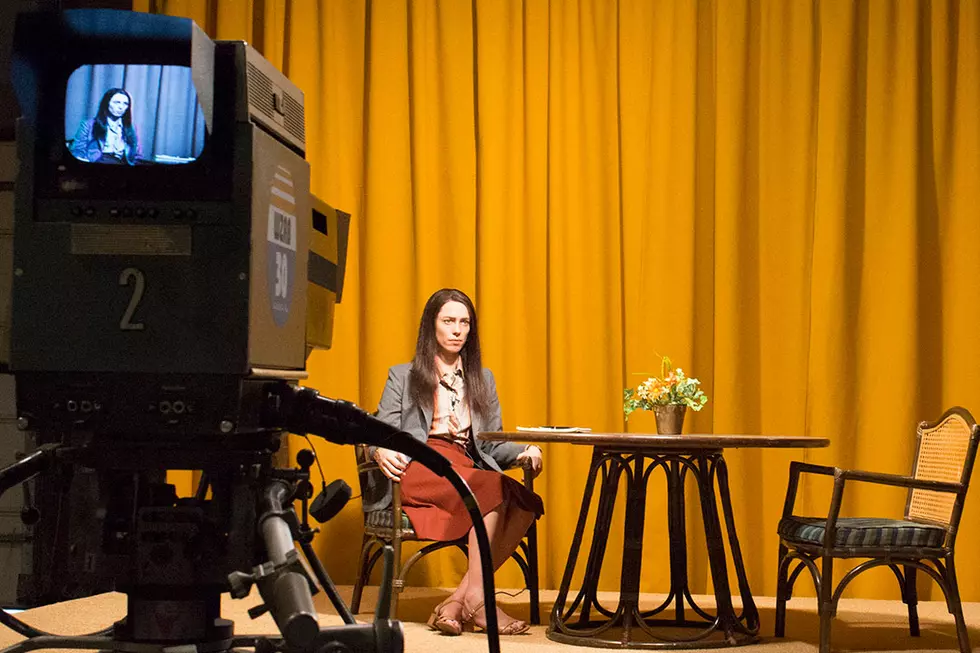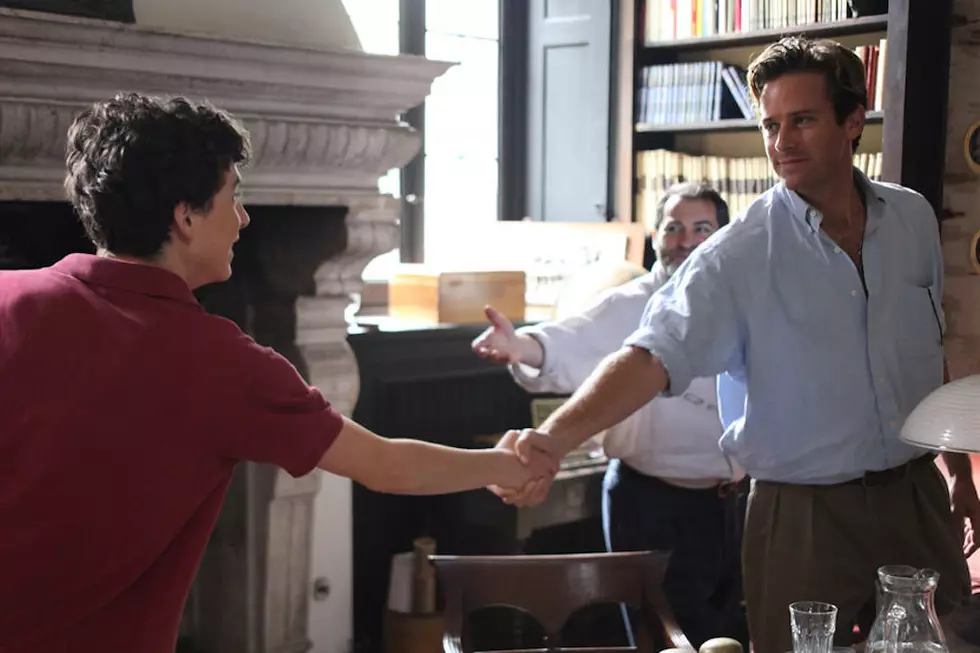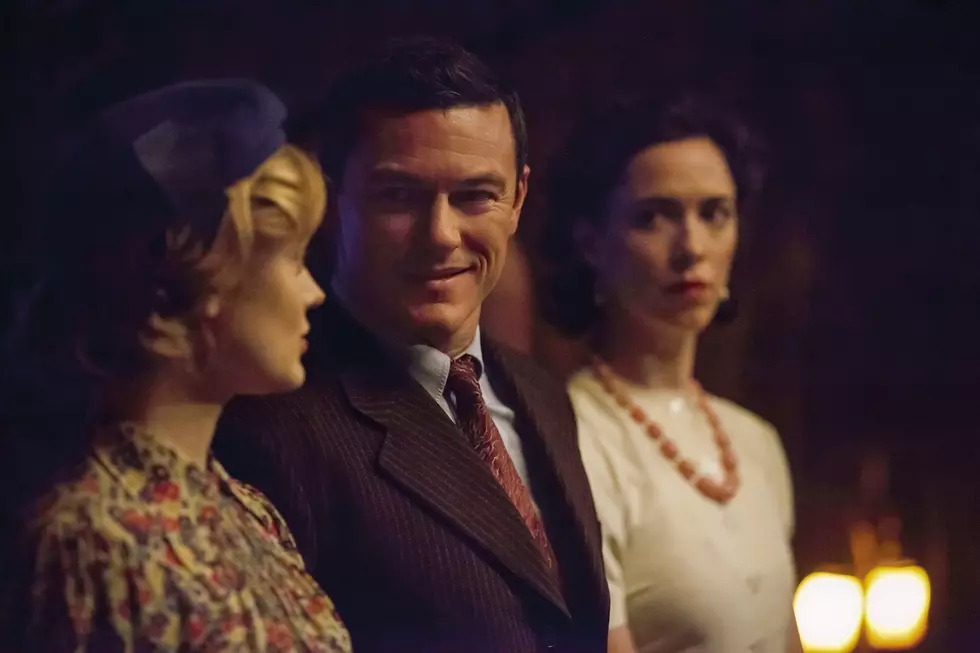
‘Christine’ Review: An Underwhelming Portrait of a Live Tragedy
1974, Florida reporter Christine Chubbuck, the subject of the biopic Christine, committed suicide by shooting herself during a live news broadcast. This is not a spoiler. It is the second sentence of her Wikipedia entry. It is why they have chosen to make a film about her life. If you’re going to make a movie where the audience sits down and already knows how your movie is going to end, you better make sure the lead up to that climax is worth the wait. Christine, despite a mesmerizing performance by Rebecca Hall, never quite provides any significant reason for existing other than exploiting Chubbuck’s tragic demise.
Chubbuck was a community affair reporter for a flailing news station in Sarasota, Florida in the early 70s, who immediately stands out from her co-workeres. She was tall and lanky with long, straight jet-black hair, and competed for airtime with her made-for-TV colleagues George Ryan (Michael C. Hall) and Andrea Kirby (Kim Shaw). While she’s repeatedly referred to as the smartest one in the newsroom, she has trouble fitting in. She has a crush on Ryan, but when he flirts with her, she freezes up.
With ratings down, her station manager (actor, writer Tracy Letts) encourages the staff to follow the old cliche “if it bleeds, it leads” when prepping their stories. Chubbuck refuses to compromise, further alienating herself from the staff and when it comes time for a promotion to a sister station in Baltimore, her intelligence, ambition and drive fails her.
The alienation and the professional struggles are just some of the anecdotal evidence presented as to why the Chubbuck in the film may have committed suicide, but the Chubbuck in real life was largely a mystery. She kept to herself and had difficulty making friends, both platonic and romantic, while working in Sarasota (she reportedly described her mother and brother, who she lived with, as her best friends), so factual evidence about much of Chubbuck’s life is unclear and much that remains is speculation. Why did Christine Chubbuck commit suicide? Unfortunately, Christine provides no real insight into Chubbuck’s condition prior to her death.
There are hints at an incident in Boston that forced a move to Florida to “relax” (which does not match up the facts of Chubbuck’s real life), and the movie insinuates that she may have been bipolar. She suffered from severe abdominal pain from an ovarian cyst, and became further depressed at the possibility of being unable to have children. The real reason seems to be that Chubbuck was mentally ill and suffering from severe depression, something that was known to her family in real life, so why not show that? At certain points, the film seems to point the blame outward, instead of looking inward for answers.
Director Antonio Campos, who was so sharp with his last film Simon Killer, brings nothing visually to the table to help sell audiences on Chubbuck’s slow descent into madness. It all feels like it just happens, which is all we knew anyway.
The movie is at least worthwhile though for what Hall’s simmering intensity. If the eyes are the window to the soul, much can be found in Hall’s Chubbuck, whose penetrating glare is at times unnerving. Her head dips down and her eyes roll up, bugging out of the sockets, the whites of her eyes a sharp contrast to the ink blank hair framing her face. There is something inside Hall’s performance, a story inside that character begging to be told, if only the filmmakers would tell it.
Christine never does enough to justify its existence, an unfitting tribute to a woman who struggled to do the same.
More From ScreenCrush









